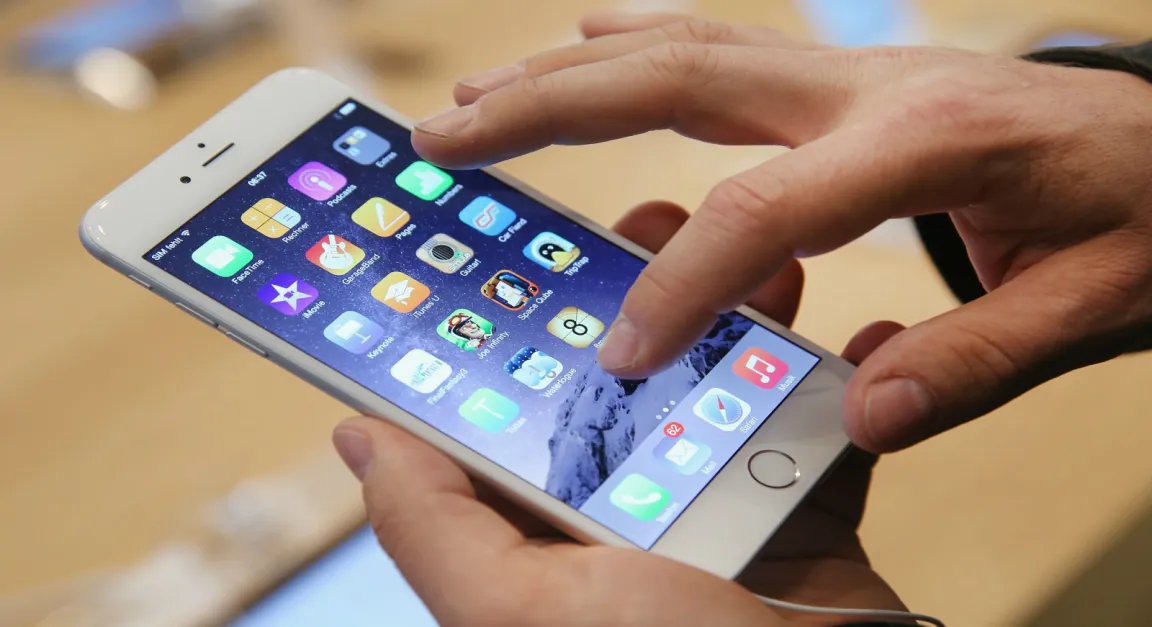Bill Gates has strict rules about when his kids can have cellphones. He says they can’t have their own phone until they’re 14 years old. Gates also says there’s a time when they can’t use screens anymore, which helps them sleep better. They can’t have phones at the table, but they can use them for school work.

Gates’ children are now 20, 17, and 14 years old. Even though they’re old enough to have phones, they’re not allowed to have any Apple products at home. Gates doesn’t like Apple because he didn’t get along with Steve Jobs, who started Apple.
Some people think Gates is right to wait before giving kids smartphones. The average age for kids to get their first phone is now 10.3 years old. Experts say parents are getting tired of giving their phones to their kids, so they might start giving phones to kids even younger.
Another expert says kids should get phones when they start high school. They should only get a phone if they show they can be responsible. Every kid is different, so there’s no one age that’s right for everyone. PBS Parents made a list of questions for parents to think about before giving their kid a phone:
– How independent are your kids?
– Do they need a phone for safety or to talk to friends?
– How responsible are they?
– Can they understand and follow rules about using the phone?
– Can they use the phone without causing problems, like texting during class or bothering others?
– Do they really need a phone with lots of features, like music and games?
– Do they need a phone that tells their friends where they are?
– Are you ready to pay for a new phone and data plan, even if they break it?
Bill Gates’ decision to delay his children’s access to cellphones until the age of 14 reflects a growing concern among parents about the potential risks associated with early smartphone usage. With experts emphasizing the importance of considering a child’s maturity and responsibility level before granting phone privileges.
